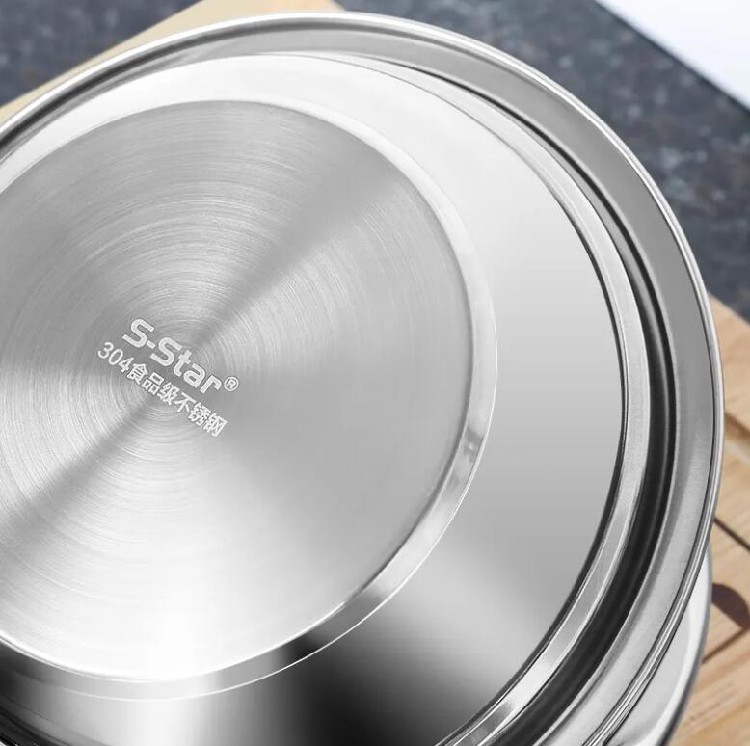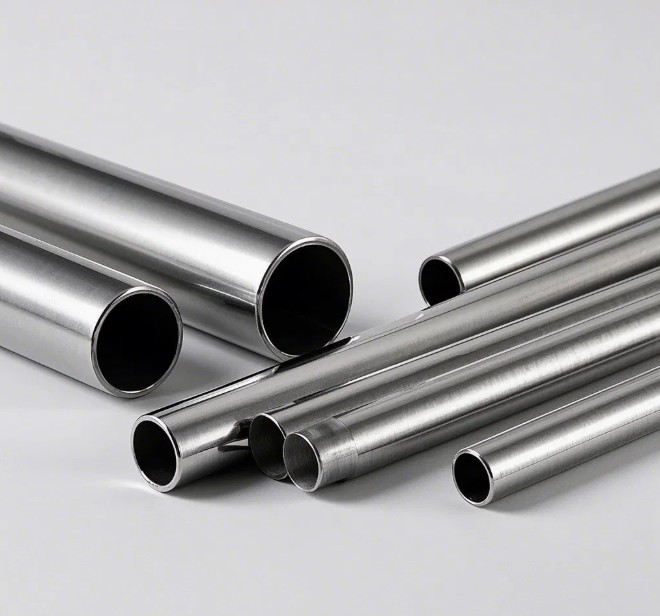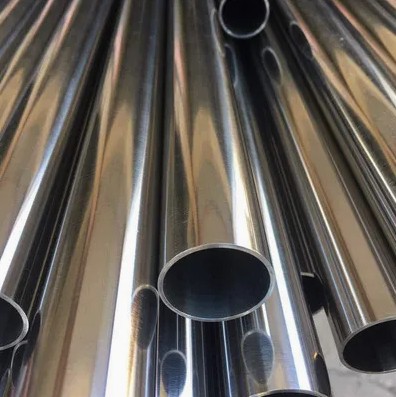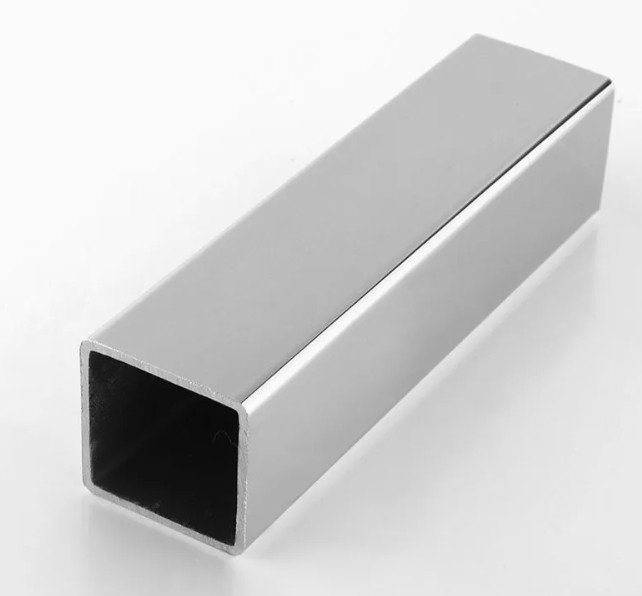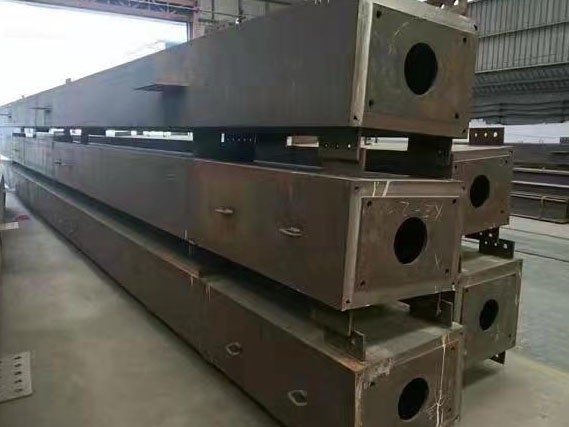food grade stainless steel 304
Product description

food grade stainless steel 304
Food grade 304 stainless steel refers to stainless steel materials that comply with the provisions of the National Standard of the People's Republic of China/Sanitary Standard for Stainless Steel Tableware Containers GB 9684-88. It is the part of food machinery that contacts food and must meet certain food safety requirements. Because the food production process uses a lot of acid and alkali, and stainless steel contains chromium, unqualified stainless steel will dissolve chromium of various prices, which is toxic; and it is required to limit the content of various alloy impurity elements such as lead and cadmium.
304 Food Grade Stainless Steel Implementation Standard
The implementation standard of 304 food grade stainless steel, GB4806.9-2016, stipulates that food grade stainless steel will not dissolve various alloys and harmful substances during food production and the use of acid and alkali. This standard ensures the safety of stainless steel materials and is suitable for food contact utensils such as tableware and kitchen utensils. 304 food grade stainless steel that meets this standard has specific chemical composition requirements, including at least 18% chromium and 8% nickel, and the content of elements such as lead, chromium, and manganese must also meet the standard requirements. In addition, the standard also stipulates corrosion resistance, physical properties (such as tensile strength, yield strength, elongation, etc.) and other related indicators to ensure the safety and sanitary quality of the product.
304 Food Grade Stainless Steel Implementation Standard
The implementation standard of 304 food grade stainless steel, GB4806.9-2016, stipulates that food grade stainless steel will not dissolve various alloys and harmful substances during food production and the use of acid and alkali. This standard ensures the safety of stainless steel materials and is suitable for food contact utensils such as tableware and kitchen utensils. 304 food grade stainless steel that meets this standard has specific chemical composition requirements, including at least 18% chromium and 8% nickel, and the content of elements such as lead, chromium, and manganese must also meet the standard requirements. In addition, the standard also stipulates corrosion resistance, physical properties (such as tensile strength, yield strength, elongation, etc.) and other related indicators to ensure the safety and sanitary quality of the product.
1. Different production standards
Food-grade 304 stainless steel is a brand of stainless steel produced according to the American ASTM standard. Ordinary 304 stainless steel is stainless steel produced according to Chinese standards.
2. Different functions
Food-grade 304 stainless steel is mainly used in the food industry, such as video containers, production of food equipment, etc. Ordinary 304 stainless steel has a wide range of uses and is mainly common in construction.
When using 304 food-grade stainless steel, the following points should be noted to ensure its safety and durability
1. Avoid cooking food for a long time or holding high-salt foods, such as salt, soy sauce, etc., because high-salt foods are prone to cause intergranular corrosion and lead to food contamination.
2. Avoid using strong acid and alkaline substances, which may damage the protective film on the surface of stainless steel, causing material corrosion and producing harmful substances.
3. Keep it clean, clean it regularly and keep the surface of stainless steel clean to reduce the risk of corrosion and contamination.
4. Choose products produced by regular manufacturers to ensure that the products meet food-grade standards.
5. Do not use 304 stainless steel kitchenware to decoct Chinese medicine, because the ingredients in some medicinal materials will react with the metal elements in the kitchenware, affecting the efficacy of the medicine.
6. Avoid placing foods with high electrolyte content such as soy sauce and salt in the kitchenware for a long time. These electrolytes may react electrochemically with stainless steel, causing harmful metal elements to be dissolved.
7. Do not use strong alkaline or strong oxidizing chemicals for cleaning, such as baking soda, bleaching powder, etc., because these substances are also electrolytes and will react electrochemically with stainless steel.
8. Do not burn the cooker without a cooker, because burning without a cooker will cause the chrome plating on the surface of the cooker to age and fall off.
Recommended products

